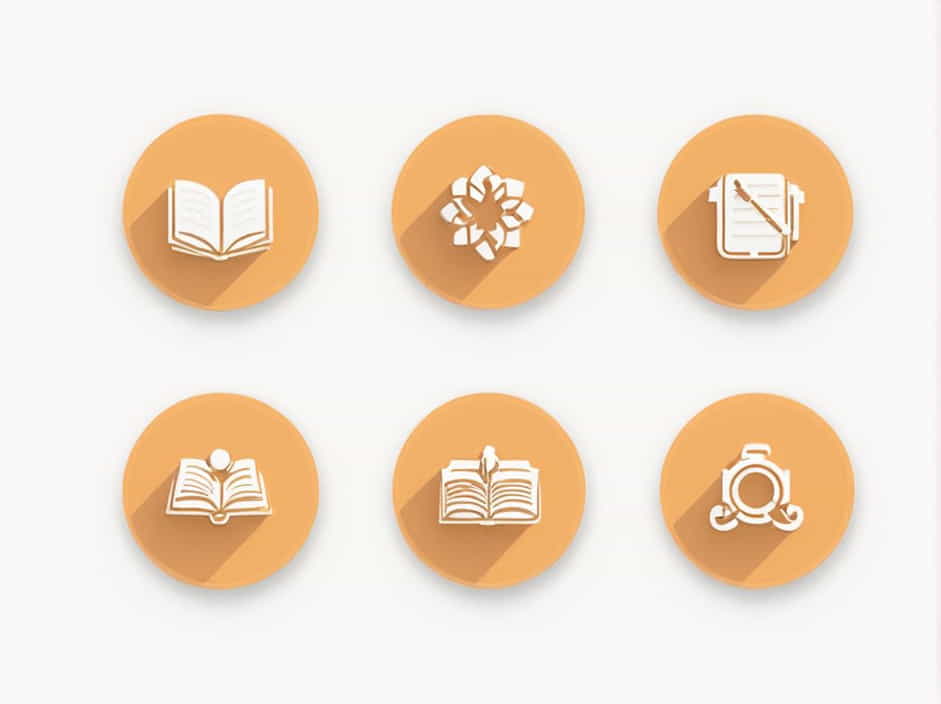Reading is a fundamental skill that plays a crucial role in human development, education, and communication. It allows individuals to gain knowledge, enhance critical thinking, and explore different perspectives. But what exactly is reading, and why is it so important in our daily lives?
In this topic, we will explore the definition of reading, its types, benefits, and impact on personal and professional growth.
What Is Reading?
Reading is the process of interpreting written symbols to extract meaning. It involves recognizing words, understanding their meanings, and making sense of the text as a whole.
Reading can be done silently or aloud and requires cognitive skills such as comprehension, analysis, and interpretation. It is an essential tool for education, entertainment, and personal growth.
Types of Reading
There are several types of reading, each serving a different purpose:
1. Intensive Reading
This type of reading involves deep engagement with the text, focusing on details such as grammar, vocabulary, and sentence structure. It is often used in academic and professional settings.
- Example: Reading a textbook for study purposes.
2. Extensive Reading
Extensive reading is done for pleasure or general knowledge. It involves reading long texts without focusing on every detail.
- Example: Reading novels, magazines, or newspapers.
3. Skimming
Skimming is a fast-reading technique used to get the general idea of a text without reading every word.
- Example: Quickly browsing a blog post to understand the main points.
4. Scanning
Scanning is a technique used to find specific information within a text.
- Example: Looking for a phone number in a directory or searching for a date in a history book.
5. Critical Reading
Critical reading involves analyzing and evaluating a text to understand deeper meanings, arguments, and perspectives.
- Example: Reading a research paper and assessing its validity.
The Importance of Reading
Reading is more than just a skill; it is a gateway to knowledge, creativity, and intellectual development. Here are some reasons why reading is essential:
1. Enhances Knowledge and Learning
Books, topics, and other reading materials provide valuable information about various subjects. Reading helps expand vocabulary, improve grammar, and increase general knowledge.
2. Improves Cognitive Abilities
Regular reading stimulates the brain and enhances cognitive functions such as memory, focus, and analytical thinking. It keeps the mind active and helps prevent cognitive decline.
3. Boosts Communication Skills
Reading improves language skills, making it easier to express ideas clearly in both written and spoken communication.
4. Reduces Stress and Enhances Well-being
Reading, especially fiction, can be a great way to relax and escape from daily stress. It provides mental stimulation while also serving as an enjoyable pastime.
5. Encourages Creativity and Imagination
Reading stories and literature allows the mind to visualize different scenarios, fostering creativity and imagination.
6. Builds Empathy and Understanding
Reading about different cultures, experiences, and perspectives helps develop empathy and emotional intelligence, making individuals more open-minded and understanding.
How to Develop Good Reading Habits
To make the most of reading, it’s important to develop consistent and effective reading habits. Here are some tips:
1. Set a Reading Schedule
Allocate specific times for reading each day, whether it’s in the morning, before bed, or during breaks.
2. Choose the Right Material
Select books and topics that match your interests and reading level. If a text is too difficult, it may discourage further reading.
3. Take Notes While Reading
Writing down important points or new words can enhance comprehension and retention.
4. Practice Active Reading
Engage with the text by asking questions, making predictions, and summarizing key points.
5. Join a Reading Group
Being part of a book club or discussion group can make reading more engaging and encourage deeper understanding.
The Impact of Reading on Personal and Professional Life
Reading influences various aspects of life, from personal growth to career success.
1. Personal Development
Reading self-improvement books, biographies, and philosophical texts helps individuals gain insights into life, relationships, and personal goals.
2. Academic Success
Students who read regularly tend to perform better in school, as reading improves comprehension, writing skills, and critical thinking.
3. Career Advancement
Professionals who read industry-related materials stay updated with trends, enhancing their expertise and career prospects.
4. Better Decision-Making
Reading about different subjects and perspectives allows individuals to make well-informed decisions.
Frequently Asked Questions About Reading
1. Can reading improve intelligence?
Yes, reading enhances cognitive abilities, critical thinking, and problem-solving skills, contributing to intellectual growth.
2. How much should I read daily?
Experts recommend reading for at least 30 minutes a day to develop a strong reading habit.
3. Is digital reading as effective as reading printed books?
Both have benefits. Digital reading is convenient, while printed books reduce screen time and may enhance comprehension.
4. Can reading help with stress relief?
Yes, reading is a great way to relax and escape from everyday worries. Fiction, in particular, helps reduce stress by immersing readers in different worlds.
5. What are the best books to start reading?
For beginners, short novels, self-improvement books, and classic literature are great choices. Some recommended books include:
- “To Kill a Mockingbird” by Harper Lee
- “The Alchemist” by Paulo Coelho
- “Atomic Habits” by James Clear
Reading is a powerful tool that enhances knowledge, creativity, communication, and personal growth. It plays a vital role in both academic and professional success while also providing entertainment and stress relief.
By developing strong reading habits and exploring different types of reading materials, individuals can broaden their perspectives, improve cognitive skills, and enjoy a lifelong journey of learning.
